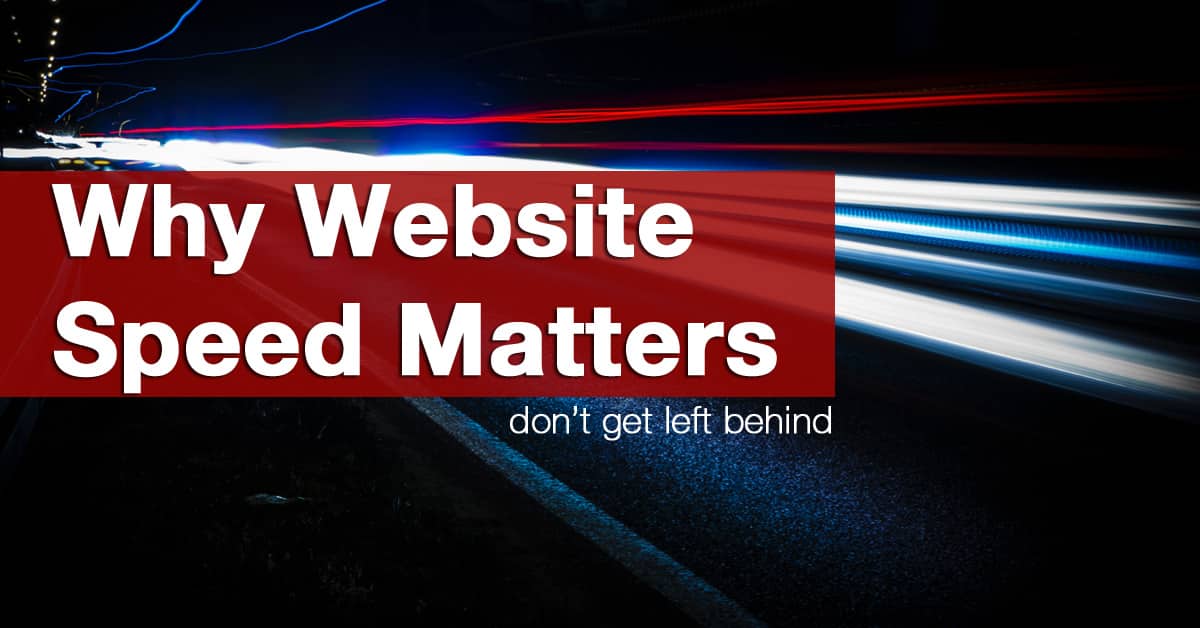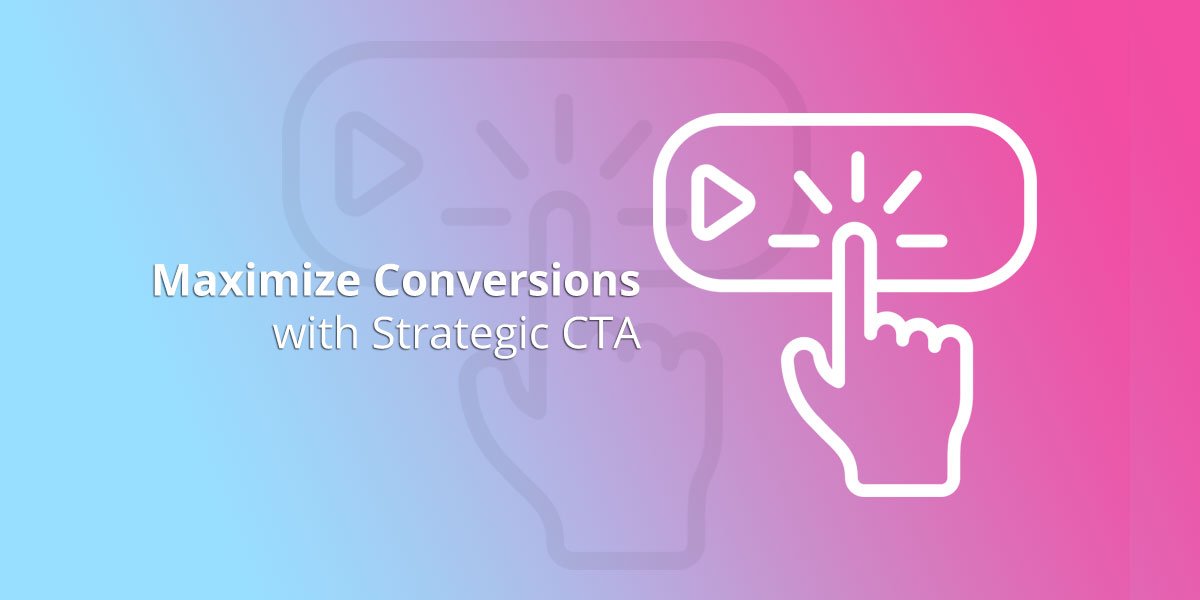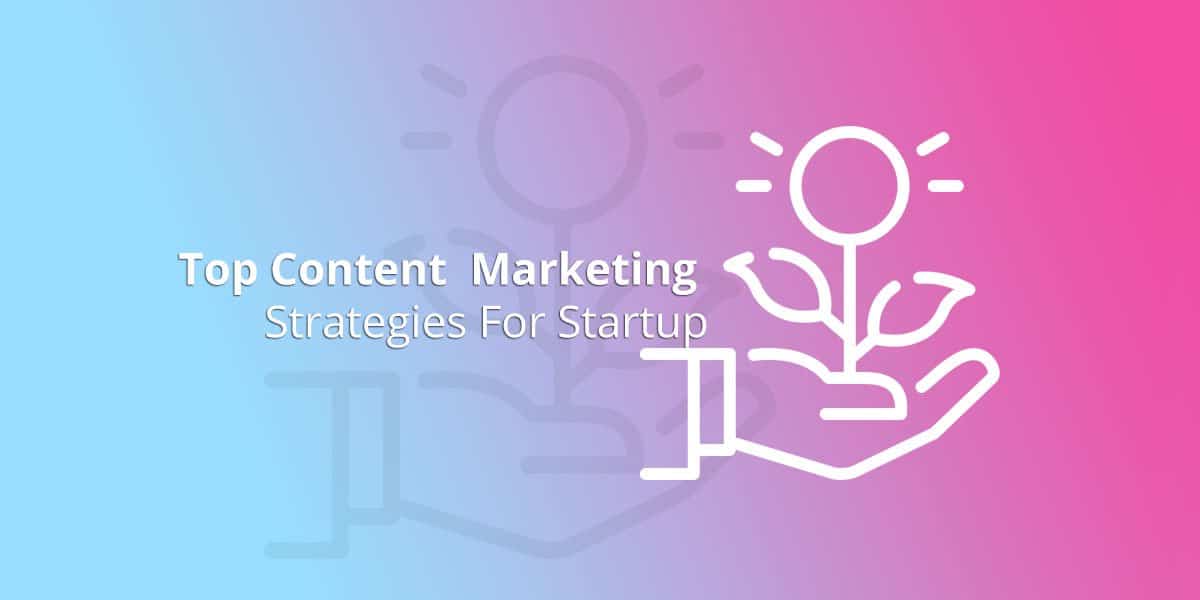 It’s 2018 and people want everything as fast as possible. You can order something and have it with you the same day, sorting a taxi takes about 5 button presses and you can even have a McDonalds at your door in 20 minutes. Speed matters, and this is also true for every site on the internet.
It’s 2018 and people want everything as fast as possible. You can order something and have it with you the same day, sorting a taxi takes about 5 button presses and you can even have a McDonalds at your door in 20 minutes. Speed matters, and this is also true for every site on the internet.
Waiting….for….a……website………to……load….for…………ages……………………can be a………….nightmare.
But, website speed matters a whole lot more than some people might think.
With scary statistics floating around the internet like a one second delay in page speed causing…
- Over 10% less conversions
- Over 15% decline in customer satisfaction
- Over 10% less page views
…webmasters need to really listen up about why the speed of their website is crucial.
 A slow website doesn’t just annoy your valued user, but also starts off a domino effect of bad internet juju.
A slow website doesn’t just annoy your valued user, but also starts off a domino effect of bad internet juju.
The curse of a slow site loading time begins with an increase in bounce rate. Users will land on your site expecting an immediate answer to their burning question, and be left for seconds, watching a poorly grey screen tick over.
After this, the curse spreads. With a high bounce rate, you’ll most likely find that your traffic starts to decline. The lifeblood of your website is quite literally draining away from your site. Why?
Your slowly loading website has left the God of Mount Google angry.
Your sacrifice into the world of page peed has not been enough.
And so, the you have been cursed to lower rankings.
 Luckily though, you can spend more blood, sweat and tears working to shorten the load time of your website. And overtime, you’ll once again appease the god and start to see a slight increase in your traffic again.
Luckily though, you can spend more blood, sweat and tears working to shorten the load time of your website. And overtime, you’ll once again appease the god and start to see a slight increase in your traffic again.
Website speed doesn’t just matter to please Google though. When you work on your page speed you’ll find an increase in customer satisfaction, conversions and page views. You’ll see that scary statistic above turn around, leading you to more leads or more revenue from your website.
A Kissmetrics study on consumer behaviour and site speed found that ‘47% of consumers expect a web page to load in 2 seconds or less’.
One Mississippi.
Two Mississippi.
Gone.
But, 2 seconds is still quite a long time. Whilst Google’s MaileOhye said this was the acceptable threshold for ecommerce sites, webmasters should really be aiming for sites that load in under half a second. Or:
One Missi.
With website speed vital, and in 2018 the imminent onset of mobile first indexing, it’s safe to say speed could potentially play more of a vital role than ever.
Mobile users are generally more put off when a site takes longer to load, they’re not as patient as desktop users. With mobile users sitting at an average 42% bounce rate and desktop users at around 38% according to one study.
So, when looking at page speed in 2018, you want to be trying to optimize the mobile version of your site as much as possible, but still paying attention to desktop.
Website speed matters. But what are the best ways to increase it?
Best ways to increase website speed
 Your website could be slow to load of a huge number of reasons, optimizing site speed can be a very technical job, and also one that is seemingly endless.
Your website could be slow to load of a huge number of reasons, optimizing site speed can be a very technical job, and also one that is seemingly endless.
But there are a few basics you should investigate to really get your site down to the level of half a Mississipi.
- Minimize HTTP requests
If you have a lot of components to your website it’s going to take longer to download, but reducing the time spent downloading elements on your webpages could make a real difference to your overall site loading time.
- Lower server response time
Each time someone searches for your site, or clicks on a page in an index, a DNS server will translate that URL into the IP address that indicates the pages location online. The quicker your server can handle this request, the faster the page will load.
- Enable caching
When you enable caching on a website, you’re essentially allowing visitors of your website access to a version of your website stored in their browser. This can shave a huge amount off load times for returning visitors!
Why Website Speed Really Does Matter…
Website speed isn’t just about pleasing Google and improving rankings slightly, but the time it takes for your website to load can have a huge impact on usability, bounce rate, page views and even revenue.
Optimizing the speed of a website is crucial in 2018.
If you want some help on getting your website down to the all important one‘One Missi’(half second) load time as recommended by Google, then feel free to reach out to us by using the contact form below
We don’t bite, and our site will hopefully load before 47% of you click away!






